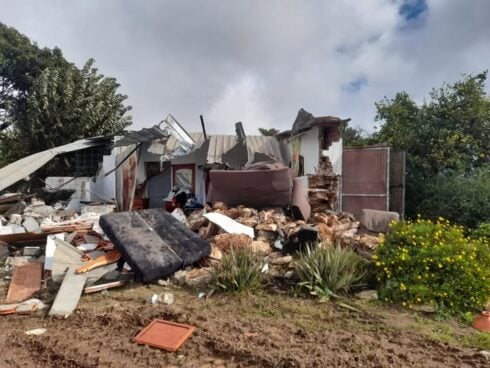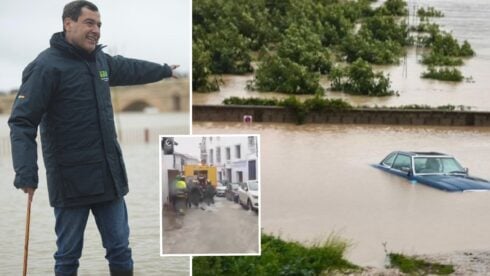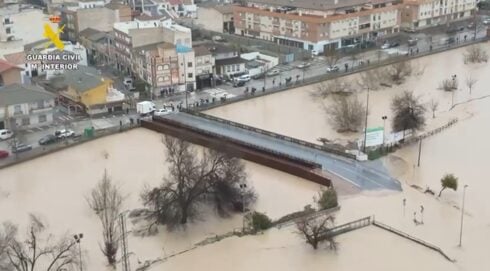SPAIN’S most authoritative dictionary has caused outrage after defining ‘gypsy’ as ‘one who lies and cheats’.
The Royal Spanish Academy unveiled its 23rd edition this month, at a ceremony presided over the King Felipe and Queen Letizia.
According to the latest edition, gitano – meaning gypsy – is synonymous with trapacero, an adjective meaning ‘dishonest or swindling’.
The new definition was a failed attempt to put right the previous definition – which also caused uproar – listing gitano as an adjective meaning ‘defrauding or operating with deception’.
Gypsy communities are insisting that the definition is obsolete and does little more than feed into established prejudices.
“You can’t label an entire community, an entire culture, a whole population like this,” said Maria Jose Jimenez Cortinas, a member of the Association of Feminist Gypsies for Diversity.
“The entry legitimises stereotypes. We’re asking that for once the Academy move ahead of society and eliminate definitions that serve only to marginalise our community.
“Language has consequences. This is a world-renowned institution that carries a lot of weight, they need to be held accountable for their actions.”
The association is calling on Spaniards to support their call to remove the definition by uploading photos of themselves with messages directed at the Academy.
When presenting the new edition, the Academy director Jose Manuel Blecua, insisted that ‘a dictionary must be scientifically correct, and if possible, politically correct, but only if possible.”
The Academy added on Twitter that a dictionary ‘doesn’t authorise or impose the sense in which speakers use or have used the words; it only seeks to reflect this’.
Click here to read more News from The Olive Press.






Spain the progressive country. Not.
And the definition of Spaniard?
Funny that Spaniards say that….i have never met people ( and i lived in Amsterdam.London, Brussels….) that take corruption so at heart…Cheating is the Land”s nr 1 sport, not football…..
Enlighten us fab. Tell us what your definition would be.
Ludicrous. Dictionaries don’t “label” people or things. They define how people use words: good and bad people, good and bad words.
any mention of Flamenco or the Romani culture?
Be good to see the whole context OP